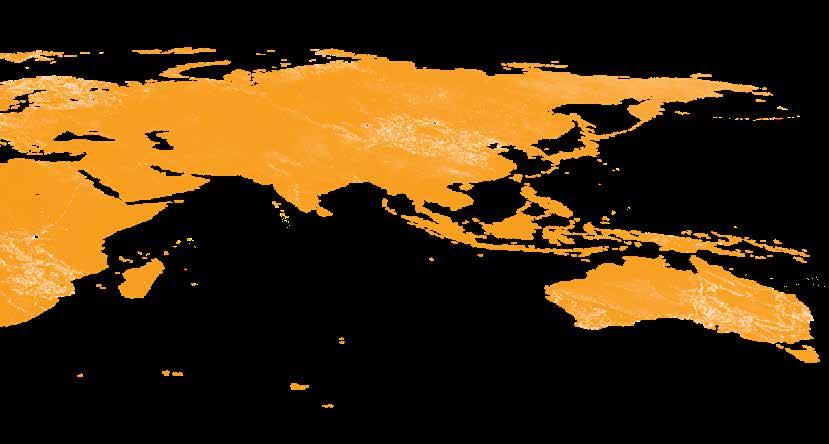
2 minute read
RESEARCH, ANALYSIS AND DOCUMENTING INNOVATIVE PRACTICE
Adding to a decade of research and publications on gender and extremisms, in 2022 we published four new case studies on “The Role of Gender and Identity in Shaping Positive Alternatives to Extremisms.”
The case studies, which are part of an ongoing series started in 2021 with support from the Global Affairs Canada (GAC), demonstrate the importance of Gender-Based Analysis Plus (GBA+) in understanding and addressing violent extremisms. The studies document the strategies and innovative peacebuilding, deradicalization, reintegration and counternarrative work of WASL partners and others.
Advertisement
CASE STUDIES: 2022 HIGHLIGHTS
USA (2021)
Adjacency to Power: Gender, Trauma,andViolenceinWhite Supremacist Extremism in the United States
The cases were officially launched in September at the Global Counterterrorism Forum (GCTF) Countering Violent Extremism Working Group side event hosted by Canada, Australia, and Indonesia. An abbreviated version of the Sweden case study was included in the GCTF “Gender and Preventing and Countering Violent Extremism Policy Toolkit”, which references several of ICAN’s publications.
We also presented the studies at other events including an Inclusivity-based Community of Practice (CoP) Meeting, organized by the Network for Religious and Traditional Peacemakers in the margins of the High-Level Political Forum (HLPF). To accompany the case studies, we have produced interviews with WASL partners, Bushra Hyder on her peace education work in Pakistan and with Shahrazad Magrabi on the Islamic Peace Tool in Libya.
CAMEROON (2022)
CourageintheCrosshairs:WomeninCameroonian Peace and Conflict Networks
This case study discusses how Cameroonian conflict actors have systematically targeted, excluded, and co-opted women and radicalized men to promote a patriarchal culture of violence and militarism.
It considers the role of women-led peace networks, such as the South West / North West Women’s Taskforce (SNWOT) and Cameroon Women’s Peace Movement (CAWOPEM), as a source for challenging structural inequality, maintaining collective agency, and providing support in the face of risk.
SWEDEN (2021)
Reconstructing Identity: The Role of Gender in Driving and Dismantling White Supremacy in Sweden
JORDAN (2022)
Institutionalizing Equality: Shifting Gender Roles in Jordanian Counterterrorism Responses
Drawing on the work of the HASBANI project, a Counter-Terrorism Capacity Building Project implemented by Global Affairs Canada, this case study discusses facilitating factors, and challenges to expanding women’s roles in counter-terrorism responses.

The study considers how combining women’s participation with a community policing approach strengthens the ability of the security sector to provide a positive alternative to participation in violent extremist groups.
PAKISTAN (2022)
Signs of the Times: The Role of Education and Gender in Shaping the Cultural Mindset in Pakistan
This case study focuses on how peace education curricula provides a positive counterweight to the identity-based divisions fostered by violent extremist groups in Pakistan.
Drawing on the work of Bushra Qadeem Hyder of Qadims Lumiere School and College, it discusses how taking a broad educational approach and promoting community resilience enables direct intervention with students and parents to respond and prevent them joining violent extremist groups.
INDONESIA (2021)
Heiresses to the Prophet: Women Religious Scholars Transforming Violent Extremism in Indonesia
SOMALIA (2021)
AgentsofChange:TransformingGender Roles and Extremism in Somalia
LIBYA (2022)
Champions for Peace: The Role of Alternative Narratives in Reclaiming Women’s Political Participation in Libya
This case study discusses how militant groups in Libya have become home to extremist narratives rooted in conservative, misogynistic interpretations of Islam.
This case highlights the Islamic Peace Tool (IPT), a guidebook developed by the Libyan Women Forum which draws on peaceful, pluralistic interpretations of Islam to support female inclusion in peacebuilding and politics.










